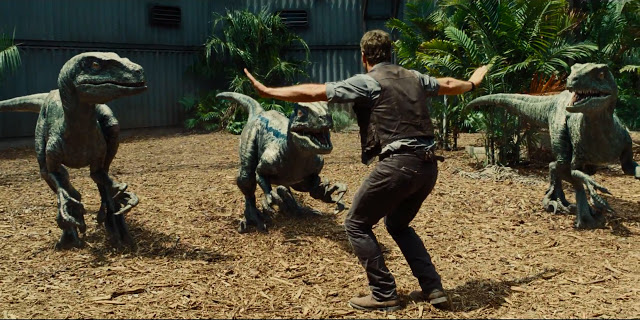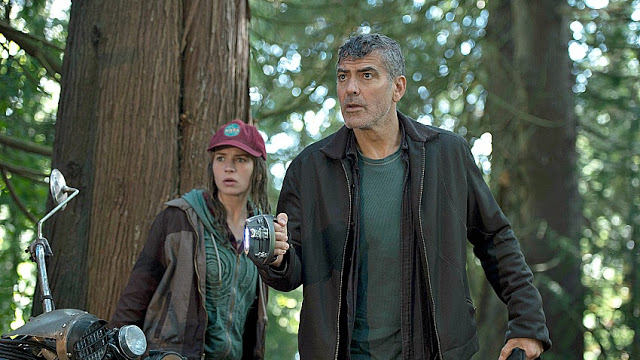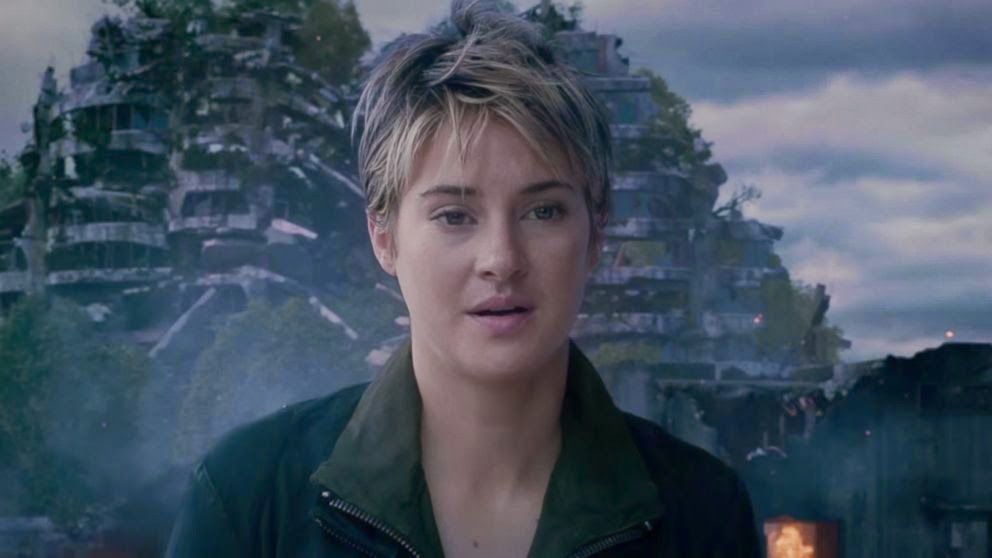Jurassic World: Fleeing from the Past, All Over Again
A giant looms over the tourists of Jurassic World, a towering figure that casts a long, dark shadow. But it is not a dinosaur. It is, rather, the specter of Steven Spielberg and the lingering greatness of the original Jurassic Park. One score and two years ago, our forefather of blockbuster filmmaking brought forth into multiplexes a new species of movie, a thrilling adventure of CGI-assisted wonder. But as striking and terrifying as certain moments of Jurassic Park were—the sight of water rippling from a faraway impact, the reveal that a reassuring hand is attached to a severed arm, that iconic warning that “objects in mirror are closer than they appear”—what made it truly special was its intimacy. Spielberg makes movies about fantastical creatures and aliens with an inimitably human touch, and in Jurassic Park, he made us care about the people he was terrorizing, from Sam Neill’s wary paleontologist to Richard Attenborough’s hubristic businessman to (most memorably) Jeff Goldblum’s cynical mathematician. It is not hyperbole to suggest that every effects-laden studio production released since 1993 has measured itself, at least in part, against the staggering triumph of Jurassic Park.
Jurassic World, the fourth and not-at-all-bad installment in the dino franchise, never entirely evades the yawning shadow cast by its primogenitor. But this is less a failure of imagination than a consequence of evolution. The world has changed. We now demand increasingly bigger amazements from our summer blockbusters, to the point where it’s difficult to cram emotional texture or narrative depth into a product already bulging with action and spectacle. Or, as one character puts it: “No one’s impressed by a dinosaur anymore.” I beg to differ, and as evidence, I need look no further than Jurassic World. This movie, which was directed by Colin Trevorrow from a screenplay he wrote with three others, may lack certain filmmaking fundamentals—plotting, character development, halfway-decent dialogue—but it is damn impressive. Read More



